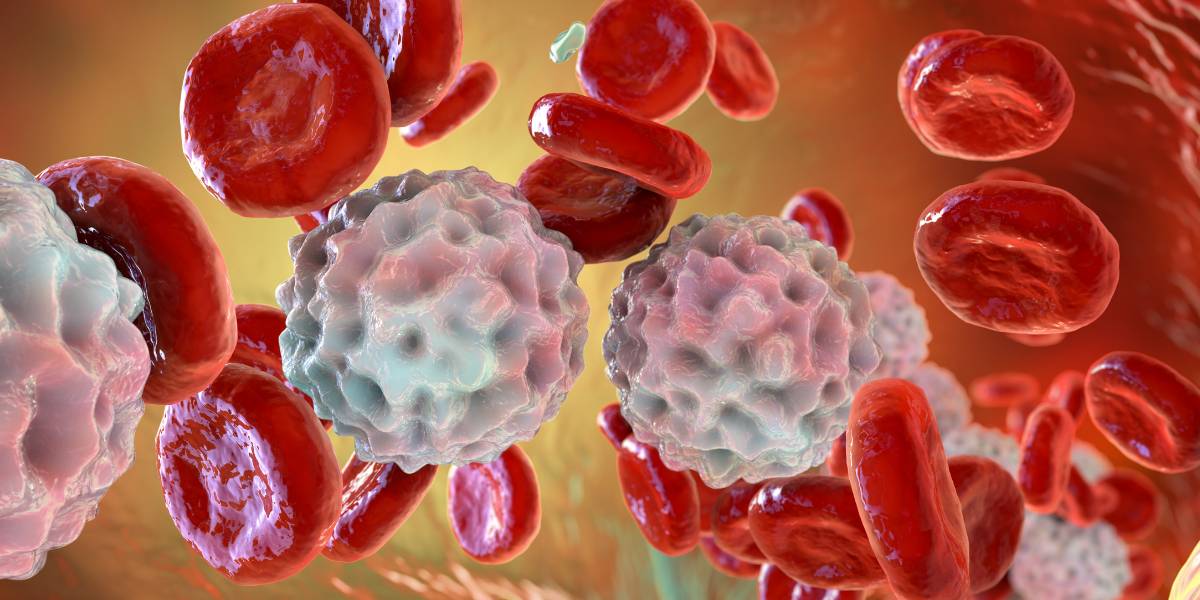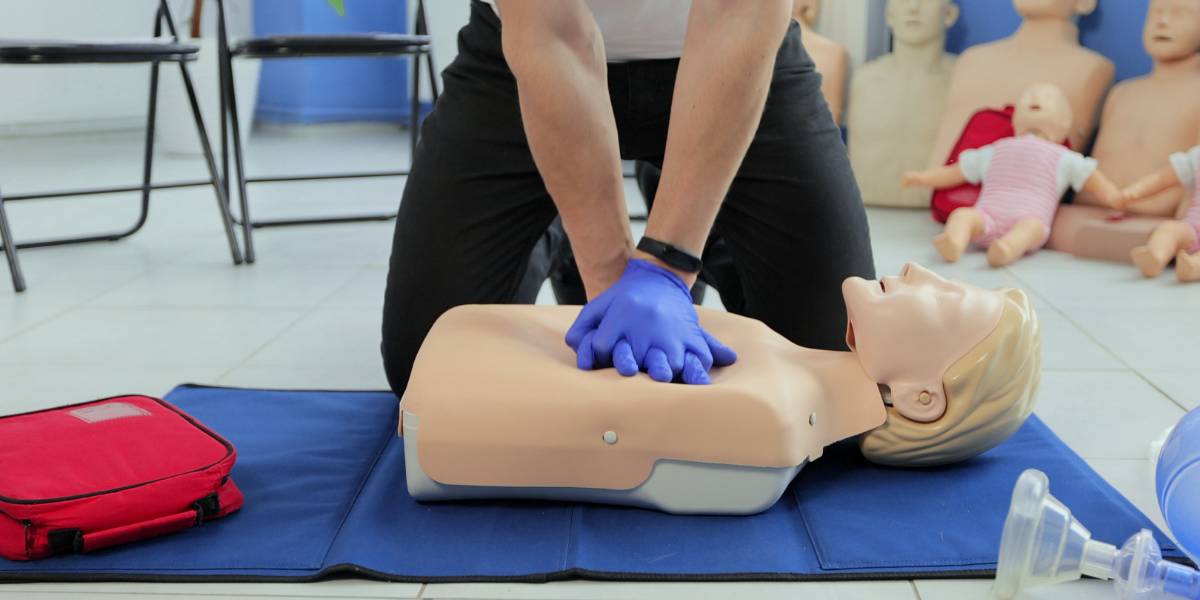Staying active, losing weight and eating well are just some of the healthy habits people can adopt to almost halve their risk of stroke.
The American Heart Association (AHA) has compiled ‘Life’s Simple 7’, a guide to reducing your risk of stroke regardless of your genetics.
The guidelines also include not smoking, along with other factors that are not directly modifiable but are knock-on effects of staying healthy – maintaining normal blood pressure, keeping cholesterol under control and reducing blood sugar levels.
Adopting these habits can give you six additional years of life without stroke, experts say.
‘Life’s Simple 7’ was developed following a study of just over 11,000 American adults for almost 30 years, with researchers looking closely at how participants’ lifestyle choices affected their risk of stroke.
Lead author Professor Myriam Fornage, a geneticist at Texas University in Houston, said: “Our study confirmed modifying lifestyle risk factors, such as controlling blood pressure, can offset a genetic risk of stroke.
“We can use genetic information to determine who is at higher risk and encourage them to adopt a healthy cardiovascular lifestyle, such as following the AHA’s Life’s Simple 7, to lower that risk and live a longer, healthier life.”
More than 100,000 people in the UK are affected by stroke every year and it is the leading cause of disability. It is also responsible for 38,000 deaths each year.
Risk factors include a family history of stroke, age, high blood pressure, smoking, obesity, a sedentary lifestyle and diabetes.
As part of the study, participants were given a stroke ‘risk score’, using DNA results to gauge how at risk of stroke they were during their lifetime.
Medical records were used to see if they followed the seven lifestyle habits, and whether they were on medication was used to judge their blood pressure, cholesterol and blood sugar.
Key findings from the study included those most at risk genetically and with the worst heart health faced the biggest risk – approximately 25% – of having a stroke.
However, the risk fell dramatically for those who followed ‘Life’s Simple 7’.
It is hoped that the findings could lead to the development of a screening programme to identify those most at risk of stroke.
The study has been published in the Journal of the American Heart Association.









